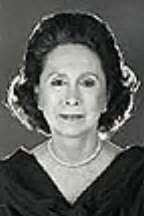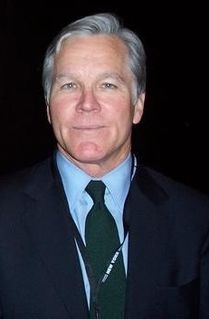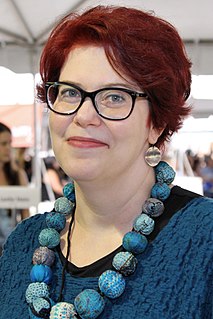A Quote by Jean Piaget
I am convinced that there is no sort of boundary between the living and the mental or between the biological and the psychological. From the moment an organism takes account of a previous experience and adapts to a new situation, that very much resembles psychology.
Related Quotes
Faculty Psychology is getting to be respectable again after centuries of hanging around with phrenologists and other dubious types. By faculty psychology I mean, roughly, the view that many fundamentally different kinds of psychological mechanisms must be postulated in order to explain the facts of mental life. Faculty psychology takes seriously the apparent heterogeneity of the mental and is impressed by such prima facie differences as between, say, sensation and perception, volition and cognition, learning and remembering, or language and thought.
Eros is an issue of boundaries. He exists because certain boundaries do. In the interval between reach and grasp, between glance and counterglance, between ‘I love you’ and ‘I love you too,’ the absent presence of desire comes alive. But the boundaries of time and glance and I love you are only aftershocks of the main, inevitable boundary that creates Eros: the boundary of flesh and self between you and me. And it is only, suddenly, at the moment when I would dissolve that boundary, I realize I never can.
Yet soil is miraculous. It is where the dead are brought back to life. Here, in the thin earthy boundary between inanimate rock and the planet's green carpet, lifeless minerals are weathered from stones or decomposed from organic debris. Plants and microscopic animals eat these dead particles and recast them as living matter. In the soil, matter recrosses the boundary between living and dead; and, as we have seen, boundaries-edges-are where the most interesting and important events occur.
There are sacred moments in life when we experience in rational and very direct ways that separation, the boundary between ourselves and other people and between ourselves and Nature, is illusion. Oneness is reality. We can experience that stasis is illusory and that reality is continual flux and change on very subtle and also on gross levels of perception . . . When people bother you in any way, it is because their souls are trying to get your divine attention and your blessing.
As a social anthropologist, I naturally accept and even stress the fact that there are major differences, both mental and psychological, which separate the different races of mankind. Indeed, I would be inclined to suggest that however great may be the physical differences between such races as the European and the Negro, the mental and psychological differences are greater still.
At the end of the day, I am not a heart surgeon - I am not saving lives - although emotionally, we have to take it there. Yes, there is tough subject matter in 'The Innocents,' but in-between takes, we were laughing and living in the moment. So when I come off set, I just get on with everyday life, like being a brother.






































